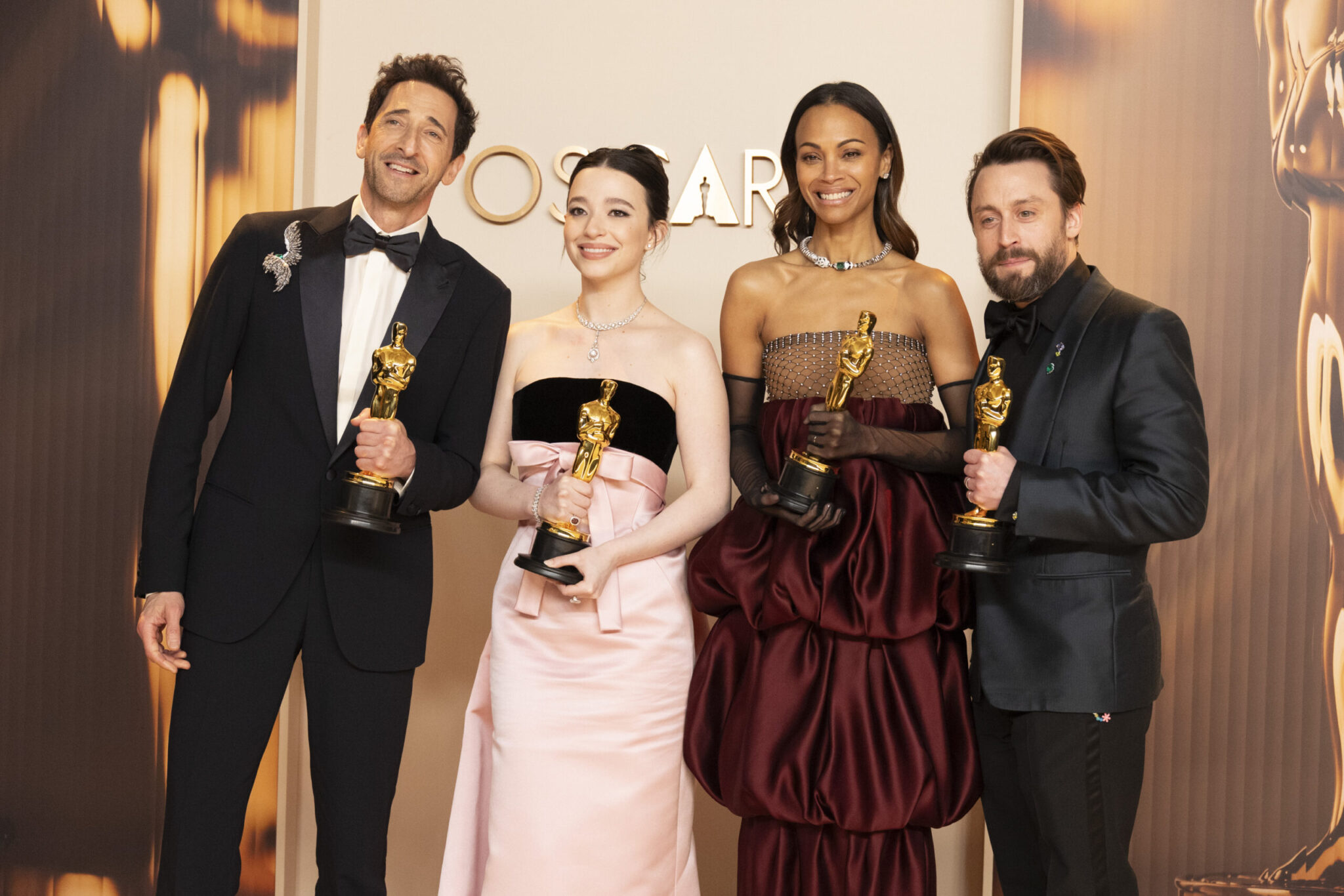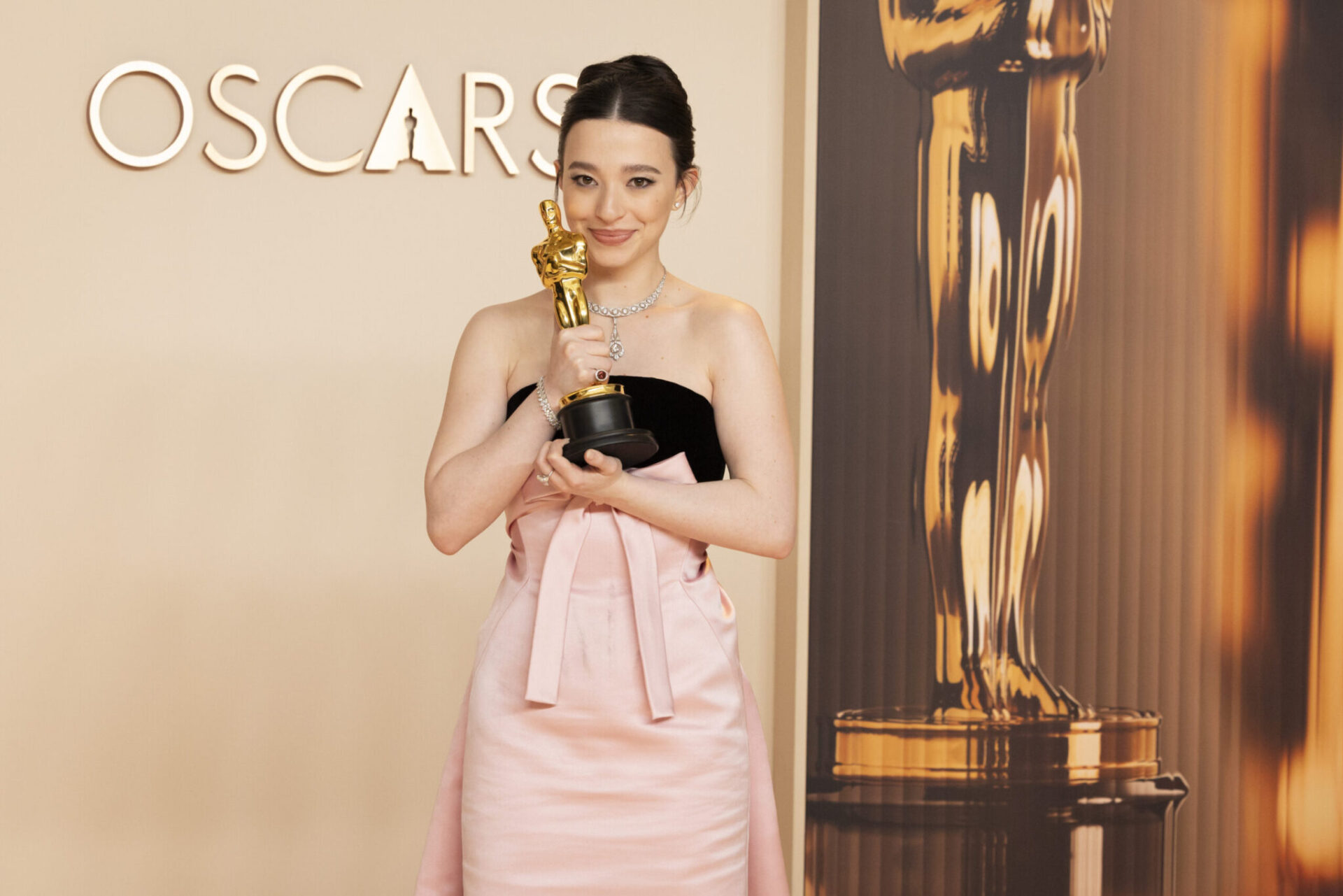New Rules Announced for Future Oscar Ceremonies

After the backlash following revelations that most voters hadn’t watched the nominated films, the Academy has announced new rules to make things fairer. However, some insiders have claimed to find loopholes, leading to concerns about how future ceremonies will be impacted.
What outlets now dub “The Brutalist Rule,” the Academy requires that all Oscar voters watch the nominated films and verify their completion. The Brady Corbit-inspired rule, a reference to his three-and-a-half-hour epic, which had ten nominations and three wins in last year’s ceremony, despite many voters admitting they hadn’t watched it.
The change is made to make categories more fair, so smaller films with less marketing or production budget have an equal shot against films with a larger budget.
Before the streaming era, the Academy sent voters DVDs and Blu-rays of nominated films. However, during the Pandemic, they introduced an online portal, eliminating the mailers. A ceremony producer commented to Variety, “This was overdue.” However, new concerns arise that the introduction of the application will encourage other ways to beat the system.
One voter explained, “The app only needs to see that you watched it. It doesn’t know if you’re sitting there.” Another voter anonymously admitted they had put the film on and went to work while it ran.
besides the obvious scam that the oscars and its voters are, can we also talk about the absolute blatant disrespect to someone's work and art? there are some nominees that delivered masterpieces and gave their whole souls for it. as a filmmaker, this is disgusting behaviour. https://t.co/hiFhRhEIWw
— zoney (@huzzahdiaries) April 30, 2025
The Academy announced the changes would take effect for next year’s ceremony. However, more crucial details, including how the rule will be enforced, are unclear.
They announced, “Academy members must now watch all nominated films in each category to be eligible to vote in the final round for the Oscars. All designated nominees will also be included on the final ballot.” Sources have reportedly urged this change for years.
Another change implemented in the 2026 ceremony is the inclusion of AI-generated effects in films. The Academy also announced, “With regard to Generative Artificial Intelligence and other digital tools used in the making of the film, the tools neither help nor harm the chances of achieving a nomination.”
They continued, “The Academy and each branch will judge the achievement, taking into account the degree to which a human was at the heart of the creative authorship when choosing which movie to award.”
Mark your calendars! The 98th #Oscars will take place on Sunday, March 15, 2026.
— The Academy (@TheAcademy) April 21, 2025
Nominations will be announced on Thursday, January 22, 2026. pic.twitter.com/vhoYGGh5Pz
With artificial intelligence becoming more prominent in media, many fans reacted swiftly to the change. One fan wrote on X, “The Oscar for best actor going to a man who used AI for his accent is such a slap in the face to the art.”
However, some didn’t mind the inclusion of AI. In a study of 500 US-based participants, half were told AI was used in films, and half were not. The reactions to the likelihood of watching and enjoying the movie remained similar despite this.
While we’ll need to wait to see how the changes will translate to the new ceremonies, it’s a step in the right direction for many in the voting pool. The 98 annual Oscars will take place on March 15, 2026.





